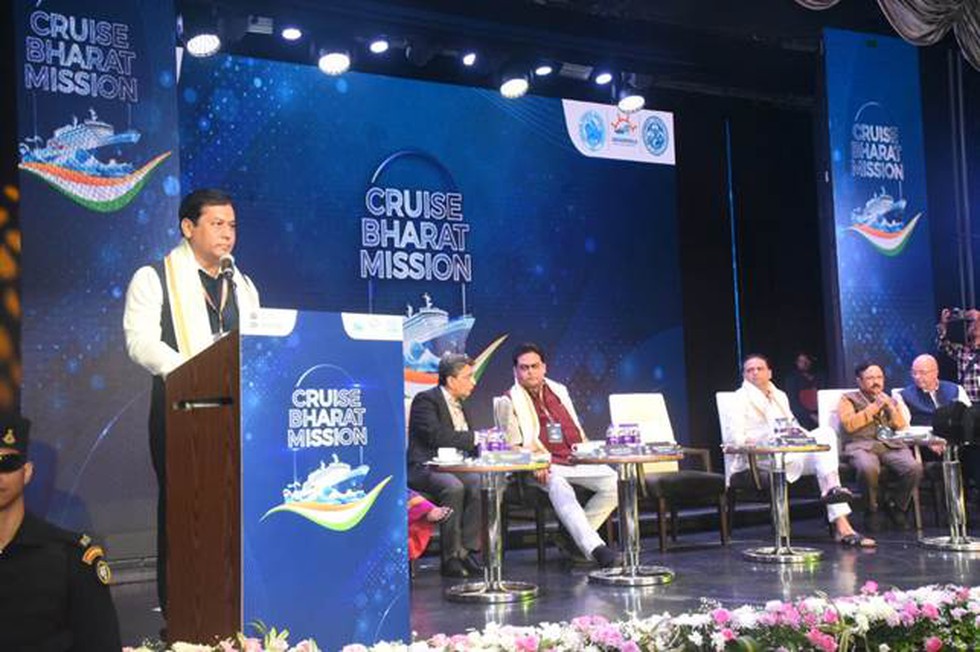About Cruise Bharat Mission:
- It is aimed at boosting the tremendous potential of cruise tourism in the country and to propel the country’s cruise tourism industry by doubling cruise passenger traffic within five years; i.e. by 2029.
- It will be implemented in three phases, beginning from 1 October 2024 up to 31 March 2029.
- Phase 1 (01.10.2024 – 30.09.2025) will focus on conducting studies, master planning, and forming cruise alliances with neighbouring countries. It will also modernise existing cruise terminals, marinas, and destinations to enhance the potential of cruise circuits.
- Phase 2 (01.10.2025 – 31.03.2027) will concentrate on developing new cruise terminals, marinas, and destinations to activate high-potential cruise locations and circuits.
- Phase 3 (01.04.2027 – 31.03.2029) will focus on integrating all cruise circuits across the Indian Subcontinent, marking the maturity of the cruise ecosystem while continuing the development of cruise terminals, marinas, and destinations.
- The mission has identified key initiatives across five strategic pillars.
- The Sustainable Infrastructure & Capital: It addresses infrastructure gaps, focusing on developing world-class terminals, marinas, water aerodromes, and heliports, alongside digitalisation (e.g., facial recognition) and decarbonisation (e.g., shore power). It includes creating a National Cruise Infrastructure Masterplan 2047, setting up a cruise-focused SPV under the Indian Ports Association (IPA), and establishing a cruise development fund.
- The Operations Including Technology Enabled: This pillar aims to streamline operations, ensuring smooth embarkation, disembarkation, and destination visits with a focus on digital solutions such as e-clearance systems and e-visa facilities.
- The Cruise Promotion & Circuit Integration: It focuses on international marketing and investment promotion, including linking cruise circuits, hosting events like the "Cruise India Summit," and forming alliances with neighbouring countries.
- The Regulatory, Fiscal & Financial Policy: This pillar is centred on creating tailored fiscal and financial policies, with a focus on tax scenarios, cruise regulations and the launch of a National Cruise Tourism Policy.
- The Capacity Building and Economic Research: This pillar emphasizes skill development, creating a Centre of Excellence for cruise-related economic research, and formulating National Occupational Standards to promote youth employment in the cruise industry.
Nodal Ministry: Union Ministry of Ports, Shipping & Waterways
